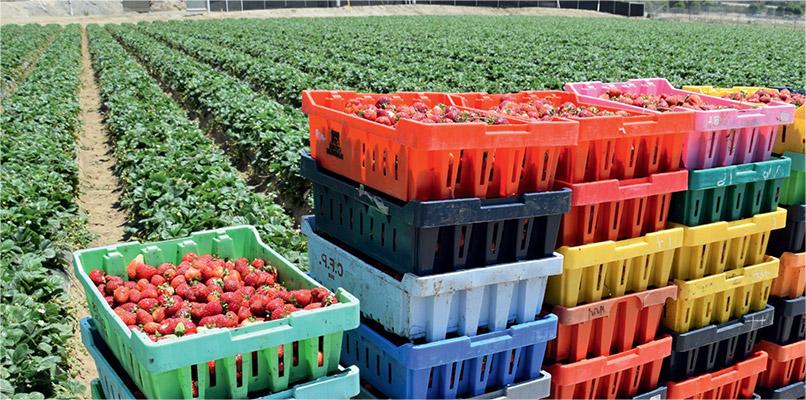 We look at the trends that will shape the fresh-produce and broader food industries in Australia in 2016.
We look at the trends that will shape the fresh-produce and broader food industries in Australia in 2016.
Broadly speaking, the national retail space will continue to remain ultra-competitive on pricing, but for fresh produce (less than five per cent of which is imported), retailers won’t have it all their own way. All the indications are that the Australian dollar will decline further, which makes exporting even more attractive to the country’s fruit and vegetable producers.
Growth in fresh exports in 2015 was impressive and, with a combination of an even weaker dollar and free-trade agreements coming into force, this is going to continue well into 2016, particularly in a wide range of fruit and nut products and certain vegetable lines.
Meanwhile, domestic consumers are definitely shaping the retail and foodservice offering and much of this will benefit the fresh- produce industry.
According to Laurie Demeritt, CEO of the US-based Hartman Group, “consumers continue to reshape the food and beverage marketplace, driven by desire for higher-quality life experiences”.
“Much of this desire translates to a search for balance and energy when it comes to health and wellness and a curiosity for new food and beverage experiences with a ‘simpler’, cleaner ingredient profile,” he said.
“The ‘simple’ labelling trend is overtaking that of ‘natural’, with large companies wishing to avoid lawsuits provoked within a non- regulated sector, as well as meeting consumer demand for ‘cleaner’ ingredient lists.
“Brands commanding the highest price premiums are generally younger, entrepreneurial brands whose default assumption is a target consumer who wants nil or minimally-processed foods, which the natural and organic sector has relentlessly pushed through the market in the past two decades.
“‘Progressive wellness’ consumers are increasingly influential in redefining food culture. While they may be a minority group in terms of overall numbers, they have a disproportionate influence over food culture. Progressive-wellness consumers are focused on real- quality food, positive nutrition, fresh, less-processed food and beverage, and fun.
“And it doesn’t stop at health and wellness: these attributes are now converging with sustainability in contemporary food retail and foodservice outlets. Consumers see this convergence as being all about mindfulness, integrity and authenticity. In a related cultural context, consumers are rethinking food production as ‘craft’, not industry.
“Now we’re also seeing Gen Z exerting its influence on the marketplace. This generation moves seamlessly between digital behaviours and real life. For Gen Z consumers, technology is fun, entertaining and useful and they’re more likely than all other generations to look to their online social networks for advice on health, wellness and integrity.”
“This all adds up to the need for fresh-produce [and broader food] companies to develop a passion for food culture that seeks to interpret and understand how changing consumers are realigning the marketplace.”
There is no doubt that vegetables and fruit will continue to be developed that have the attributes consumers are looking for, such as nutrient-dense sweet potatoes, flavour boosters such as ginger and jalapeno peppers, coloured carrots and zucchinis that work so well with the increasingly popular vegetable spiralisers and immunity boosters such as turmeric root that are perfect for smoothies.
On the fruit side, more exotic fruit and greater use of previously low-volume sellers, such as papaya and passionfruit, will all add to the variety of flavour, texture and fun that the consumer is looking for. As ever, there will be some products that will lose out or, at best, flatline in sales, such as cauliflowers, potatoes and apples, while kale is expected to be one that is on the downward trend.
The year ahead looks bright for those companies who are willing to be creative and innovative, and less so for companies not keeping up with the way consumers are thinking about their food.





 Michael Worthington
Michael Worthington